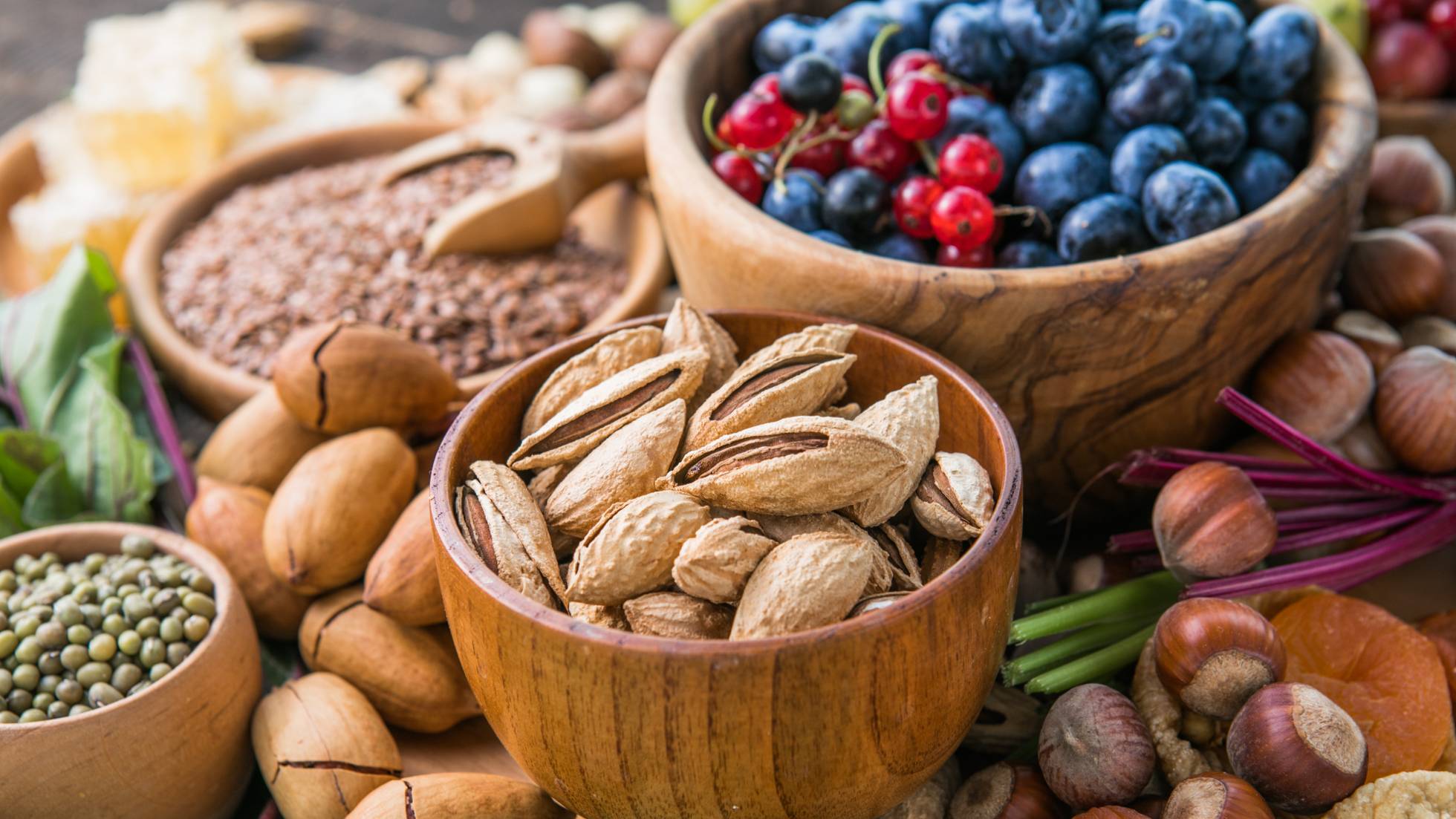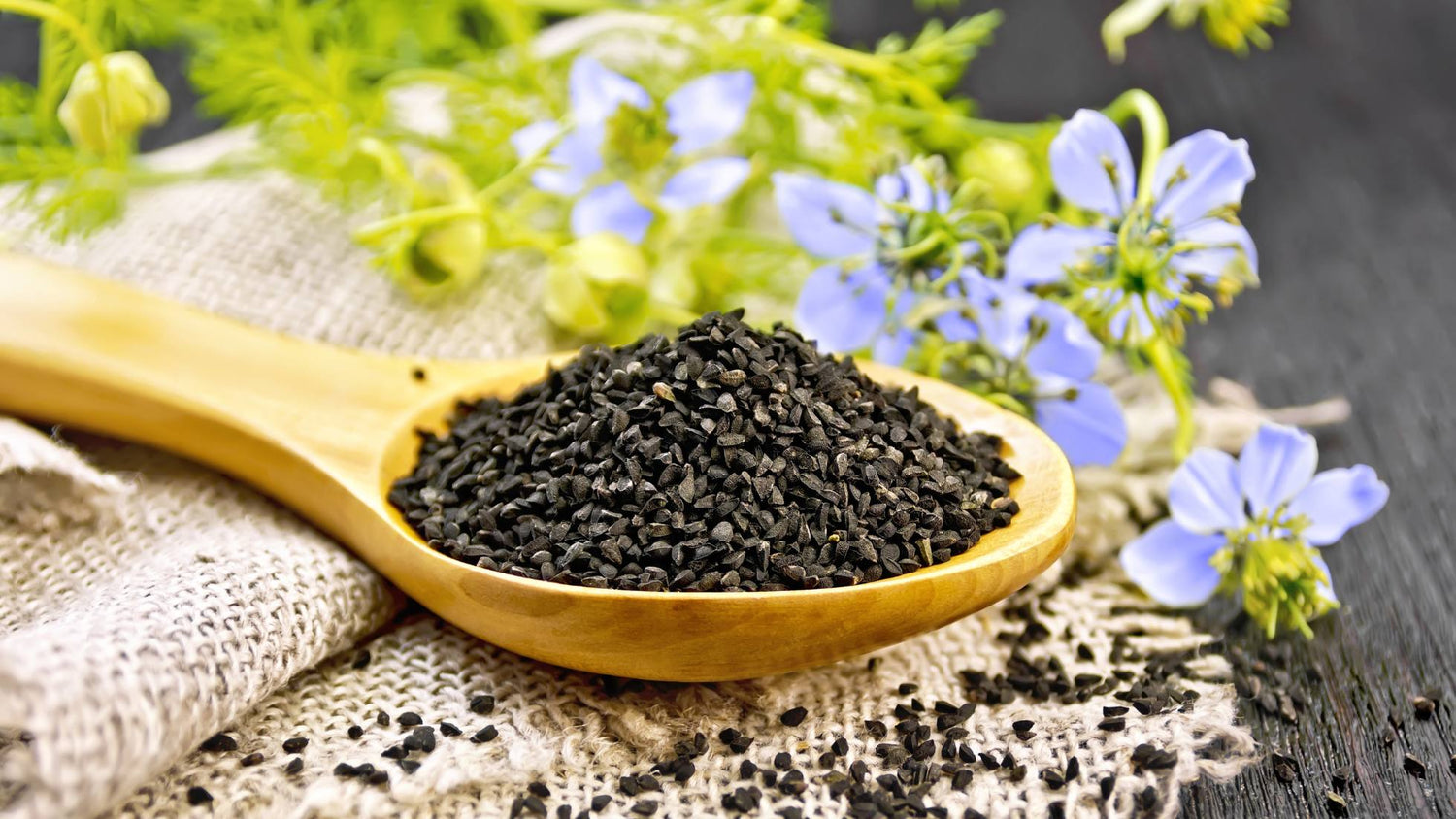Minerals are one of the most important components of our diet!
Minerals have a major influence on our immune system, bone and muscle development, our teeth and much more.
The human body cannot produce minerals itself. However, since we need them to function, we must obtain them through food.
Every food contains a certain amount of minerals. The principle that always applies is "raw food is great - the rawer the food, the more minerals it contains." We can add minerals to our diet, but they cannot be produced synthetically.
If a deficiency occurs, it can have fatal consequences for our body. Let's take a look at some interesting facts about minerals in which a deficiency can occur:
chrome
Chromium is vital for humans: it helps the body to absorb glucose. Trace elements are also involved in fat and cholesterol metabolism. Researchers have not yet been able to determine the exact requirement, but some researchers assume around 30 to 100 micrograms per day.
Chromium-rich foods: whole grains, blueberries, nuts, kidney beans, honey
iron
Iron is important for transporting oxygen in the blood. It also supports the immune system. Consequently, an iron deficiency affects the immune system and physical performance. Women should consume 15 mg of iron daily, while men only need 10 mg.
Foods containing vitamin C, such as oranges and broccoli, promote the absorption of iron in the body. Coffee and red wine, on the other hand, inhibit it.
Iron-rich foods: beef, white beans, oatmeal, peas
Another good tip is the colloidal iron preparation from Joachim Kaeser, as it can be 100% absorbed by the body.
iodine
Iodine plays a central role in human metabolism. More than half of the iodine in the body is stored in the thyroid gland. Both animal and plant foods contain iodine. However, the amounts are often small. Therefore, the diet must be supplemented with iodized table salt. A deficiency is indicated by enlarged thyroid glands. In children, iodine deficiency delays growth and impairs mental performance. The daily requirement for adults is 150 mg.
Foods containing iodine: fish, seafood
copper
Copper plays an important role in iron metabolism. A deficiency can lead to anemia, osteoporosis and disorders of the nervous system. Adults should consume 1 to 1.5 mg of copper daily.
Foods containing copper: oatmeal, whole grain products, nuts, soybeans
selenium
Selenium protects cells from harmful radicals, plays an important role in cell metabolism and supports the activation of thyroid hormones. Men should take 70 mg daily. For women, the amount is slightly lower: 60 mg.
Selenium-containing foods: herring, chicken, corn, oatmeal
zinc
Zinc is important for the immune system and helps to store insulin. Zinc is also a component of many enzymes, hormones and receptors or activates them. A deficiency can lead to loss of appetite, hair loss or slow wound healing, among other things. Phytate plays a key role in the absorption of zinc. Phytate inhibits the absorption of zinc in the intestine. The recommended intake of zinc therefore depends on the phytate intake. Phytates are mainly found in whole grain products and plant protein sources. If someone consumes a lot of them, they need to consume more zinc.
Foods containing zinc: beef, oatmeal, corn, peas
Calcium
Calcium is found in animal and plant foods. The main sources are dairy products and certain mineral waters. Calcium is an important component of bones and teeth. It stabilizes cell membranes, supports the transmission of stimuli in the nervous system and is necessary for blood clotting. A deficiency is evident in children through delayed growth. In adults it leads to osteomalacia or osteoporosis. The daily requirement of adults is 1000 mg. Foods containing calcium: milk, dairy products, hard cheese, nuts, whole grain products, mineral water
potassium
Potassium ensures that cells grow and that stimuli are transmitted from muscles and nerves. In addition, this nutrient, together with sodium, regulates the body's water and acid-base balance. A high potassium intake also has a positive effect on blood pressure. A potassium deficiency is very rare. However, long-term diarrhea or vomiting can trigger it. Typical symptoms are muscle weakness, cardiac arrhythmia and paralysis of the intestinal muscles. Adults should consume around 4 g of potassium daily.
Potassium-containing foods: bananas, dried fruits, mushrooms, potatoes, legumes
magnesium
Magnesium has various functions: It ensures that nerve and muscle stimuli are transmitted, is involved in the formation of bones and teeth, and activates important enzymes for energy metabolism. In the body, magnesium is found in bones as well as muscles. Regular alcohol consumption, long-term medication, or gastrointestinal diseases can trigger a magnesium deficiency. People with a magnesium deficiency are prone to muscle cramps and dysfunction of the heart and skeletal muscles. The recommended daily intake is higher for men than for women: adult men should consume 350 mg daily, while the figure for women is 300 mg.
Magnesium-containing foods: green vegetables, potatoes, nuts, fruit, milk
The colloidal magnesium preparation is ideal for relaxing muscles when suffering from muscle cramps or menstrual cramps.
Of course, there are many minerals and trace elements that are not listed in this report, but you have probably already gotten a good overview of some essential micronutrients.





